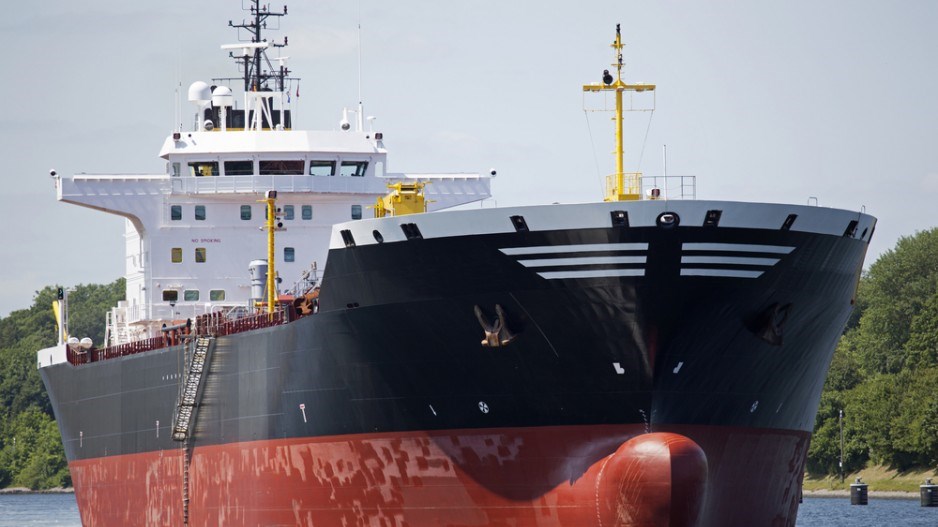When the National Energy Board (NEB) was ordered by the Trudeau government to reconsider its approval of the $7.4 billion Trans Mountain pipeline expansion, the marching orders from cabinet were clear.
The NEB was to go back to the drawing board on a specific issue identified by the Appeal Court of Canada to be lacking: impacts of increased oil tanker traffic on marine species at risk – specifically the Southern Resident Killer Whale – within the scope of the Canadian Environmental Assessment Act and Species At Risk Act.
The federal government was also obliged to conduct more thorough consultations with affected First Nations.
The NEB was given a deadline to reconsider the impacts of increased tanker traffic on the marine species. The reconsideration hearings are currently underway, and the NEB must submit its final report by February 22.
An Order in Council made it clear that the NEB was to hear from petitioners and interveners only on the question of impacts on the marine environment – not to open the process up to the dozens of other issues that were either originally dealt with in the original NEB review of the project, or not dealt with at all.
As per the Order in Council, the NEB states: “The Board does not intend to consider the environmental and socio-economic effects associated with upstream activities, the development of oil sands, or the downstream use of the oil transported by the pipeline.”
And yet on Wednesday January 23, the NEB appeared to signal willingness to at least consider a request to do just that.
Earlier this week, Stand.Earth made a submission to the NEB asking that it consider the impacts of upstream and downstream greenhouse gas emissions from the pipeline project.
The B.C. government also submitted its case to the NEB this week. It at least sticks to the topics that are within the scope of the NEB’s reconsideration.
Stand.Earth’s submission appears to be outside the scope of NEB review. However, it could conceivably be considered a valid request under the Species At Risk Act, since it points out that increased greenhouse gases are known to cause ocean acidification.
While that might not have a direct impact on the killer whales, it could be argued that increased ocean acidification can affect the ocean’s ecosystem and, thereby, have an indirect impact on killer whales.
On January 23, the NEB signaled it seems to be at least considering the request. It issued a call for hearing participants to comment on Stand.Earth’s request.
That doesn’t mean the NEB has agreed to broaden the scope of its review – just that it will hear from all parties on the request. There is some question whether the NEB could broaden the scope of its reconsideration, given the tight deadline it’s been given to submit a final report.
The NEB did look at GHG emissions from the project, but that analysis was limited to the pipeline itself – it’s construction and operation.
It did not include an assessment of the potential GHGs that might result from upstream activities (oil production) or downstream activities (refining oil into gas and then burning it in cars, trucks, airplanes, and boats) as a result of expanding the pipeline’s capacity by 590,000 barrels per day.
“In terms of the argument itself, on its own merits I found it wanting since the pipeline will clearly decrease, rather than increase, transportation emissions,” said Stewart Muir, executive director for Resource Works.
By that, he means that emissions would be lower from moving oil by pipeline than it would be by train or truck, something that has been happening on an increasing scale.
Muir said that, if the NEB accepts Stand.Earth’s arguments, governments should also be assessing the impact of every road that gets built, since that facilitates road traffic, which produces GHG emissions.
According to an IHS Cambridge Energy Research Associates life cycles analysis, 70% to 80% of emissions from the oil industry comes from the cars and trucks that burn gasoline and diesel.
As for the B.C. government’s submission to the NEB, it reiterates assertions made by other interveners – including First Nations and the City of Vancouver – that an oil spill could “contribute to the extinction” of the Southern Resident Killer Whale.
It also argues that an enhanced oil spill response regime required for the expanded pipeline “falls short of meeting world-leading standards.”
@nbennett_biv




